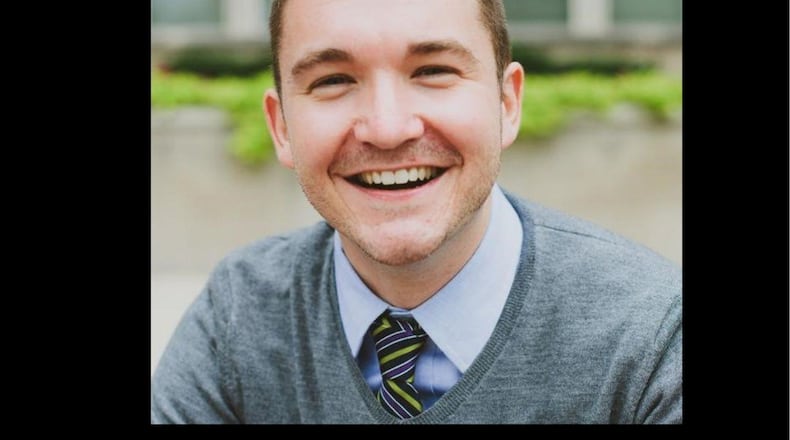As an 11-year-old struggling to understand my attraction to the same sex, I became well acquainted with the pain inflicted by the F-word.
There was the hot flush of public humiliation; the fear that my parents might find out what other boys called me and feel ashamed; and the cold, shrinking sense of isolation that comes whenever a bully targets his victim. Homophobic slurs and accusations were a miserable yet common part of my teenage years. At one point, I remember thinking, “this must be why gay people kill themselves.”
I naively assumed I could escape this by attending a conservative, Evangelical college. Raised in a Christian home, I hoped Christian college students would behave differently than my public school peers.
That was not the case.
I felt disoriented when the young men in my dorm, many studying to become pastors who spoke passionately about their love for God, casually threw the word around. Later, as an employee at a faith-based college, I would even have a ministry leader defend his right to use homophobic slurs because they targeted “a culture of sin.”
Similar to Reds announcer Thom Brennaman, these individuals described themselves as “men of faith.” Much like the sportscaster, they only seemed to use the F word when they thought they were out of the earshot of polite society. It was never used from the pulpit, never from a chapel stage, but always behind closed doors where microphones are (supposed to be) turned off.
Though I have since come out and overcome the wounds of my past, the F-word still carries a clear meaning for me: I am not safe. I am not safe with the people who, by using it, reveal a callous disregard for LGBTQ people instead of a commitment to respectful language. I am not safe in a community that tolerates it. Communities form us and instill us with values. If those values have not included the moral obligation to treat LGBTQ people with dignity, then I cannot seek welcome or protection from that community. For if their words communicate disgust, how much more will their actions do so?
We must erase the F-word from our vernacular. If we hope to build safe communities for all people, it cannot tumble from our mouths, accidentally or otherwise.
We cannot claim ignorance of its impact any longer.
Matt Little is a higher education professional in the Dayton area. He leads ally training sessions in the workplace and speaks on his experiences of growing up as a gay man in Evangelical culture.
About the Author

